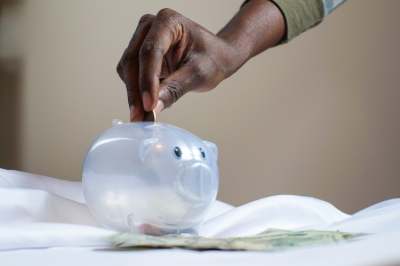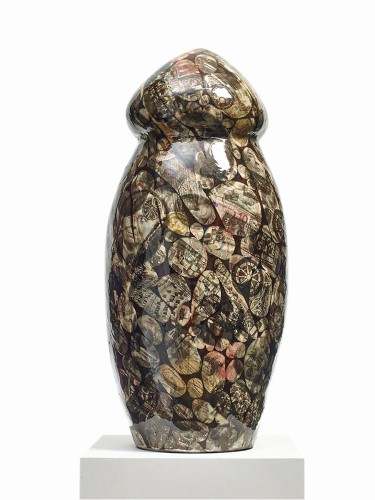Finding an ethical savings account
As more people are becoming aware of the ethical implications of who they bank with, what does it mean for a savings account to be ethical?
Ethical savings accounts range from those that do not invest in tobacco, the arms trade and fossil fuels, to those making a more positive impact on the world. We also look at tax avoidance, director's pay, lending transparency, and carbon claims for the companies behind 50 savings account brands.
With almost 14 points difference between the top and the bottom of our score table, how well does your bank rate for looking after your savings in an ethical manner? The answer if you're with one of the big high street banks is 'not very well', but building societies and green banks tend to do much better.
Company UpdatesThe Co-operative BankCoventry Building Society has reached agreement with the sellers of The Co-operative Bank to buy the Bank subject to gaining approval from the financial services regulators. The purchase is expected to complete in the first quarter of 2025. When it is complete, we will combine the records of the two companies. Until then, they remain separate. Co-op currently scores 60/100 and Coventry Building Society 68/100. Nationwide and Virgin MoneyAlthough we have noted the acquisition of Virgin Money by Nationwide in October 2024, we are waiting until our next review of the banking sector in April 2025 before re-examining the scores of the new group as a whole. It is likely that the current scores will still be good indicators, since pre-acquisition ethical practices are likely to be maintained in the short term at least. Nationwide currently scores 65 and Virgin Money (including Clydesdale Bank and Yorkshire Bank) 40. |





